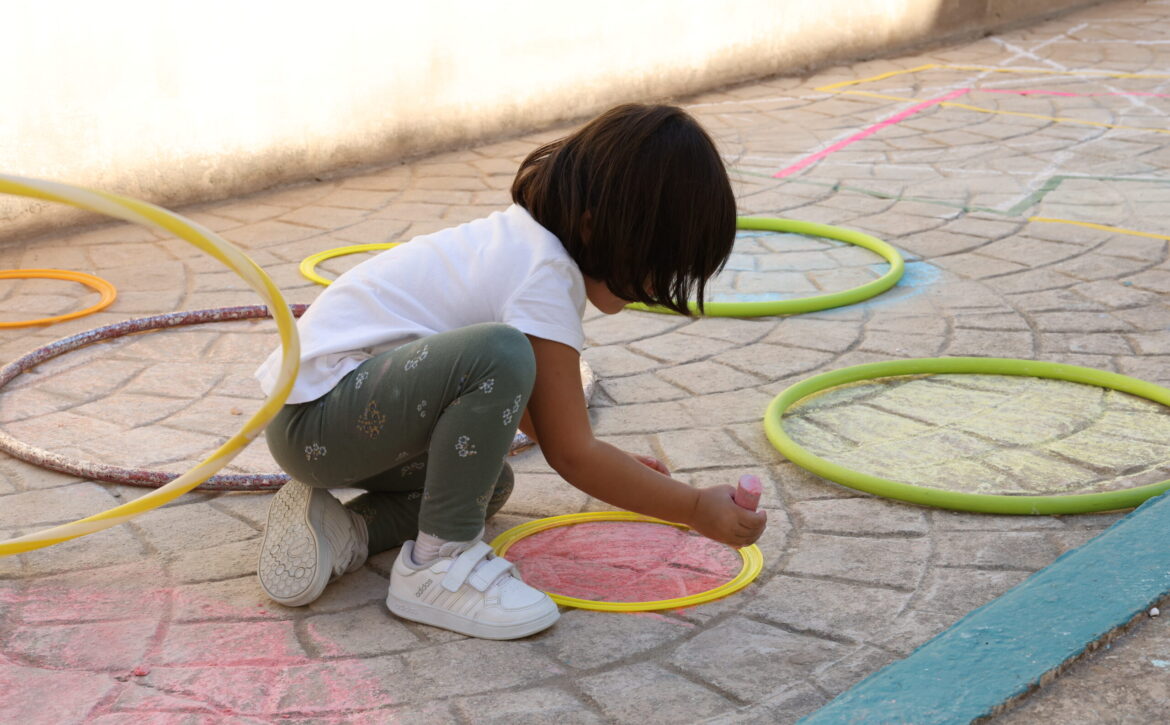Towards a more respectful society: The importance of understanding and valuing others’ feelings
Introduction
In the wake of recent events I witnessed in Ħamrun, I feel compelled to reflect on the vital importance of fostering a society that embodies respect and compassion toward one another. As we delve into the concept of creating a compassionate community, we must consider why it is essential to understand and honour the feelings of others, even when we might not share their perspectives.
In a world where empathy and respect seem to be lacking, it is more important than ever to cultivate these qualities within ourselves and in our communities. By developing a deeper understanding of the emotions of others, we can build stronger connections, improve our relationships, and create a more harmonious society. This journey toward empathy and respect must begin early in life, as I worry that the current generation may already be drifting away from these essential values.
The Importance of Empathy
Empathy is the ability to understand and share the feelings of others, playing a crucial role in our emotional and social development. It enables us to connect with those around us and fosters deeper relationships. When we practice empathy, we can step into someone else’s shoes and view the world from their perspective, cultivating understanding, compassion, and a sense of unity.
The benefits of empathy extend to both personal and professional relationships. It helps us navigate conflicts, resolve misunderstandings, and build trust among peers. By demonstrating empathy, we create a safe space for others to express their emotions and feel truly heard. This not only strengthens our connections but also promotes a profound sense of belonging within our communities
Building Emotional Intelligence
What exactly does it mean to build emotional intelligence? At its core, emotional intelligence is the ability to recognize, understand, and manage both our own emotions and those of others. It encompasses several key components, including self-awareness, self-regulation, motivation, empathy, and social skills.
A fundamental aspect of emotional intelligence is the understanding of others’ feelings. By honing our emotional intelligence, we become more attuned to the emotional landscapes of those around us. This heightened awareness enables us to respond in thoughtful and supportive ways, fostering stronger relationships and deeper connections with others.
To enhance our emotional intelligence, we can engage in practices such as self-reflection, mindfulness, and active listening. These strategies not only help us become more aware of our own emotions but also empower us to empathize more effectively with others. By investing in our emotional intelligence, we can create a more compassionate and understanding environment in our personal and professional lives.
Improving Communication Skills
Effective communication is vital for truly understanding the feelings of others. It encompasses not only the ability to express ourselves clearly but also the crucial practice of actively listening to those around us. Active listening is a skill that enables us to fully engage with the speaker, grasp their perspective, and respond with empathy.
To enhance our communication skills, we can adopt various active listening techniques. For instance, maintaining eye contact demonstrates our attentiveness and understanding, while paraphrasing allows us to confirm our comprehension of what has been said. By refining our communication skills in these ways, we foster an environment where others feel valued and genuinely understood. This creates a foundation for deeper connections and more meaningful interactions.
Cultivating a Culture of Respect
Perhaps the most crucial element in our interactions is respect. It serves as a cornerstone for understanding and valuing the feelings of others. Respect entails treating individuals with dignity, honouring their perspectives, and appreciating their emotions. To cultivate a culture of respect, we must commit to active listening, validate others’ experiences, and practice non-judgmental attitudes.
In both personal interactions and within our society at large, promoting and embodying respect can pave the way for a more inclusive and compassionate community. When we honour the feelings of others, we foster an environment where everyone feels safe to express themselves authentically. This nurturing atmosphere strengthens trust, enhances understanding, and encourages collaboration among individuals, ultimately enriching our collective experience.
Teaching Empathy and Respect to Children
Parents and educators play a pivotal role in instilling empathy and respect in children. By embodying these qualities in our daily interactions, we can inspire the next generation to adopt empathy and respect as fundamental values. This effort is essential not only within the walls of our schools but also in our homes. The respect—or lack thereof—that we demonstrate towards one another, including how we request things, express appreciation, and engage in daily activities, along with the language we use, profoundly influences children.
To effectively nurture empathy and respect in young minds, we can employ practical strategies such as encouraging perspective-taking, promoting acts of kindness and compassion, and providing ample opportunities for social interactions. These approaches can have a lasting impact. By teaching these essential skills early, we equip children with the necessary tools to navigate relationships, resolve conflicts, and contribute positively to a compassionate society. This lays a hopeful foundation for a better tomorrow.
Overcoming Challenges in Understanding and Respecting the Feelings of Those Around Us
While grasping and respecting the feelings of others may appear straightforward, various obstacles can impede our ability to do so. These challenges often stem from biases, stereotypes, a lack of awareness, and an excessive pride that serves no purpose.
To navigate these hurdles, we must commit to self-reflection, question our assumptions, and actively seek out diverse perspectives. Additionally, educating ourselves about different cultures, backgrounds, and experiences is essential. By consciously working to dismantle these barriers, we can foster a deeper understanding and greater respect for the feelings of those around us.
Conclusion
Understanding and respecting the feelings of others is vital for nurturing a compassionate society. By cultivating empathy, emotional intelligence, and effective communication skills, we can forge deeper connections, strengthen our relationships, and promote a culture of respect. As parents, educators, and individuals, we hold the power to shape a more empathetic and compassionate future.
If we successfully foster these qualities, we may witness a decline in negative incidents like those seen in Ħamrun. Perhaps the prevailing “alabiebi” reckless attitude on our roads will improve, leading to more considerate driving. Instead of reacting defensively when receiving a fine, I might take a moment to reflect and acknowledge my own mistakes. When feeling rushed, I could choose to drive more cautiously, prioritizing the safety of others.
All these changes contribute to healthier societies and more cohesive communities. We envision more inclusive neighbourhoods where residents experience a genuine sense of belonging to their surroundings. Ultimately, this is how we can enhance the quality of life for ourselves and those around us.
Mario Fava
President


















